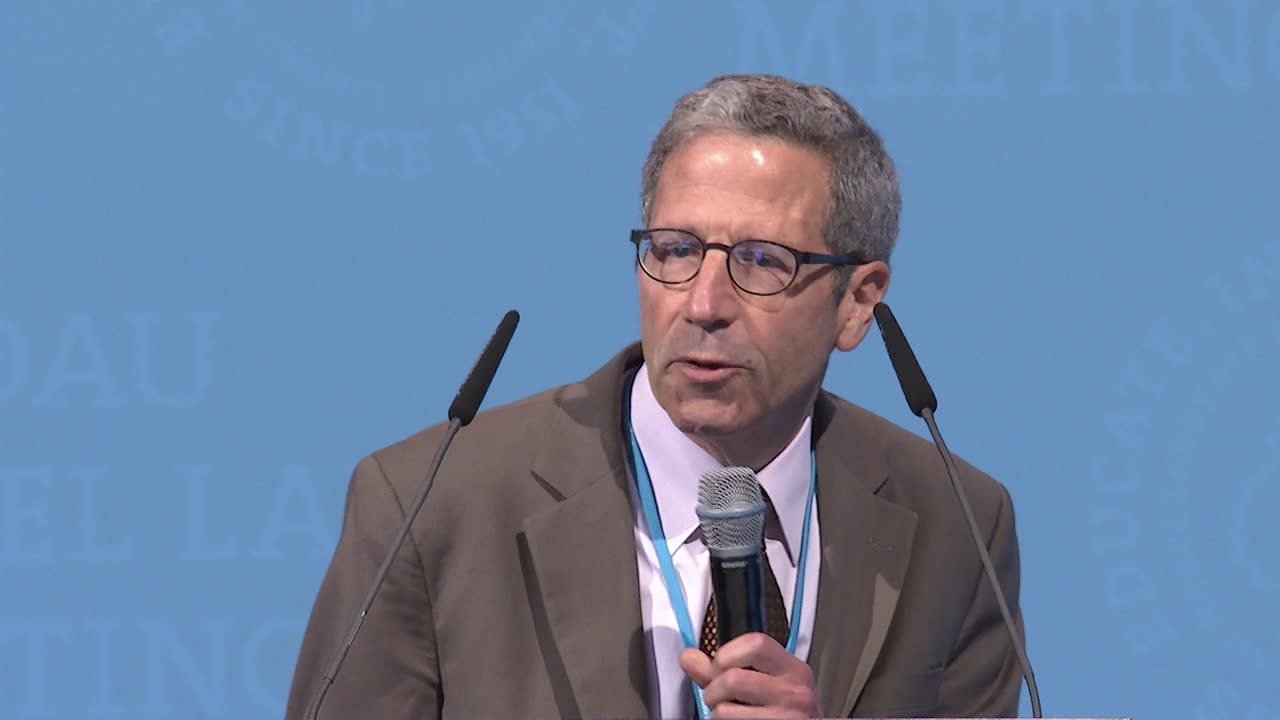Alfred Marshall 101: Who Was the Most Influential Economist of His Time? In our article of Zatrun.com, we will cover in detail everything you need to know about Alfred Marshall, the most influential economist of his era that our readers are curious about.
Who is Alfred Marshall?
Alfred Marshall (July 26, 1842 – July 13, 1924 Cambridge) was one of the most influential economists of his time. He was the founder of neoclassical economics and the Cambridge School. His book “Principles of Economics”, published in 1890, was an economics textbook widely used in England for a long time.
Marshall is also known as the mentor of John Maynard Keynes. He was born on July 26, 1842 in the Bermondsey district of London. He studied mathematics at St. Petersburg State University, a school of the University of Cambridge. He received it at John’s College. He then became professor of mathematics and moral sciences at the University of Cambridge in 1865 and 1868 respectively. from 1877 to 1881 he was an administrator at the University of Bristol.

He published his first economics book, “Industrial Economics” in 1879. He became professor of political economy at Balliol College in 1885, a school of the University of Oxford. He returned to Cambridge University and continued his studies there. Marshall served as a member of the Royal Commission on Labour from 1891 to 1894, retiring from the University of Cambridge, where he had last worked, in 1908.
Alfred Marshall believed that economics was the study of people’s daily needs. These daily necessities cover all economic activities that can be measured in money and have a cost. He used geometry in his economic analysis and introduced various tools such as marginal utility curves, total cost curves and marginal income curves to the economic literature. Marshall also stressed the importance of the time factor in establishing a supply-demand balance.
His Major Works
Alfred Marshall published “Principles of Economics” in 1890, which is considered the first systematic presentation of Neo-Classical economic theory and includes elements of classical economics at the same time, while primarily using the basic concepts of the Marginalist School.

Major works by Alfred Marshall include “The Economics of Industry”, co-authored with his wife Mary Paley Marshall in 1879. Also in 1879, “The Pure Theory of Foreign Trade: The Pure Theory of Domestic Values” and his seminal book. The first systematic presentation of neoclassical economic theory can be considered as the “Principles of Economics” in 1890. Marshall’s last major work was “Industry and Trade”, published in 1919.
His Notable Ideas
Marshall’s important economic views include the synthesis of classical and neoclassical theories on value determination, which postulate that short-term value is determined by demand and long-term value by supply. He also redefined the concept of rent by introducing the idea of semi-rent, which arises when the factors of production cannot be increased immediately in the short term. In October, Marshall introduced the concept of demand elasticity, which determines the value of demand changes in response to price fluctuations.

According to Alfred Marshall, money is not a store of value, but only a means of exchange. His use of concepts such as geometric analysis and marginal utility and cost, as well as his emphasis on time factors in supply and demand, had a significant impact on the economic literature. Marshall’s work laid the foundation for modern economic analysis and his legacy has continued to shape economic theory and policy.












